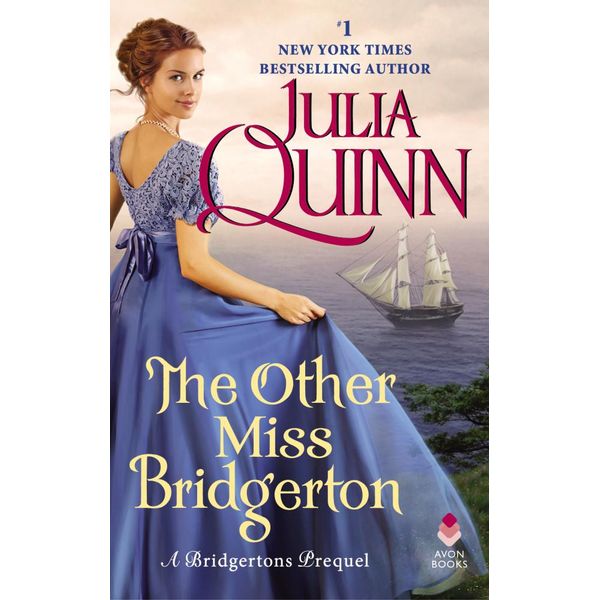I found this with a bookseller recommendation at a local bookstore, claiming it was hilarious – I read the first few pages, had to agree, and ended up buying it.
The Liar’s Dictionary is two stories told in parallel, taking place in two different timelines. For transparency, this is one of my least favorite framing methods (and for whatever reason, it’s also really popular right now. I swear I see it in like every other book I pick up.) I somehow completely missed that when I read the blurb of the book, and it took me a while to figure out one was set in 1899 and one was set in present day. Both stories involve employees working on Swansby’s Dictionary, a massive multivolume effort undertaken in the 19th century, (Peter Winceworth’s story, told in third person POV) which has since massively flopped and is generally considered a cultural relic of a sort in the 21st (Mallory’s story, told in first person POV.) Winceworth and Mallory, somewhat coasting along in life, are both confronted with circumstances that shake up their lives a bit.
The connecting point between the two characters is mountweazels, fake words inserted into dictionaries as protection against copyright infringement. Right away, you can feel Williams’ love of English words – there’s 26 chapters, each titled by a word that corresponds to that letter of the alphabet, from A-Z. And there’s a really delightful humor pervasive throughout the book, sometimes in your face (there’s a fantastic scene with a pelican that make me laugh out loud multiple times, and sometimes in a more subtle way that required you to pay particular attention to the writing, like this very relatable gem that reminded me strongly of Wodehouse:
Winceworth had an unqueer desire to delay the inevitability of his working day for as long as possible.
pg. 48
When I was looking for a photo of the book, I saw an NPR book calling this a dual love story, and I don’t think it’s that. Both main characters are either in a relationship or develop feelings for another person, but the driving action of the story is definitely self-exploration and reflection. That doesn’t mean it’s devoid of action – there’s a nice bit of tension and some action, particularly at the latter half of the book. I will note, some of the events in both timelines were a little too similar – for the most part, the story felt super relatable to everyday life in a very funny way, so the occurrence of two unlikely events, one in each timeline, just didn’t feel entirely believable.
The book also examines the fluidity of the English language. There’s a gentle nod towards the changing uses and definitions of words between the two time periods, which was nice to see, and some excellent history tidbits around words and dictionaries I will leave for you to discover. Additionally, one of Winceworth’s key characteristics was a propensity for making up words to fill what he felt were obvious gaps in the English language. I flagged so many of them, but my favorites (after much consideration) were susposset and widge-wodge.
susposset (n.), the suspicious that chalk has been added to ice cream to bulk out the serving
widge-wodge (v.), Informal-the alternate kneading of a cat’s paws upon wool, blankets, laps, &c.
pp. 76 & 166
Williams’ writing was in an odd place for me. She is a great writer, but uses a lot of literary writing techniques to impart seriousness or beauty that I would often recognize as techniques while writing – the bones were just a little too obvious and it pulled me out of the story. But she is also hilarious and occasionally writes something just so incredibly beautiful that I had to stop and appreciate it for a moment.
…knowing the sky was never truly grey, just filled with a thousand years of birds’ paths…
pg. 125
I was much more invested in Winceworth’s story than Mallory’s, and the pacing for both ended up feeling more like a short story pacing than a novel – there wasn’t a lot of time given to the resolution after the climax of either story and I wanted just a little bit more time to exhale with the characters. I also think some of the side characters in Winceworth’s story would have benefited from a little more time to flesh out. I loved Winceworth’s character, though, and while I found Mallory to be not as engaging, I think she was incredibly relatable in an “early-mid twenties, still figuring things out” kind of way.
I found many funny or lovely quotes in this book, and if you’re looking for a funny, lovely, light novel, and like a sly sense of humor with some laugh-out-loud moments, I completely recommend it. If you’re wanting something that’s a deep character study, or if you don’t like short story format and writing, then alas! this may not be the book for you.






 by Zen Cho
by Zen Cho